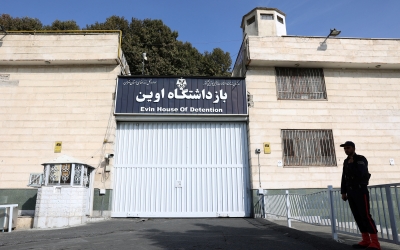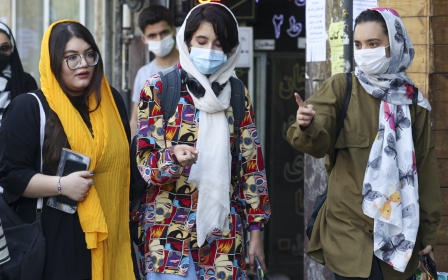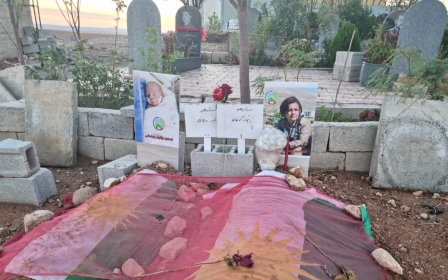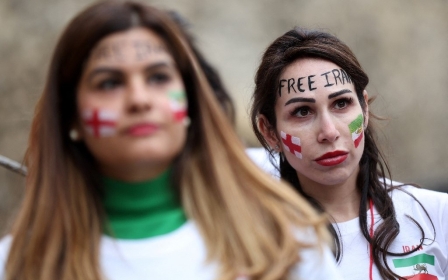Iran ousted from UN women’s body amid months of protests
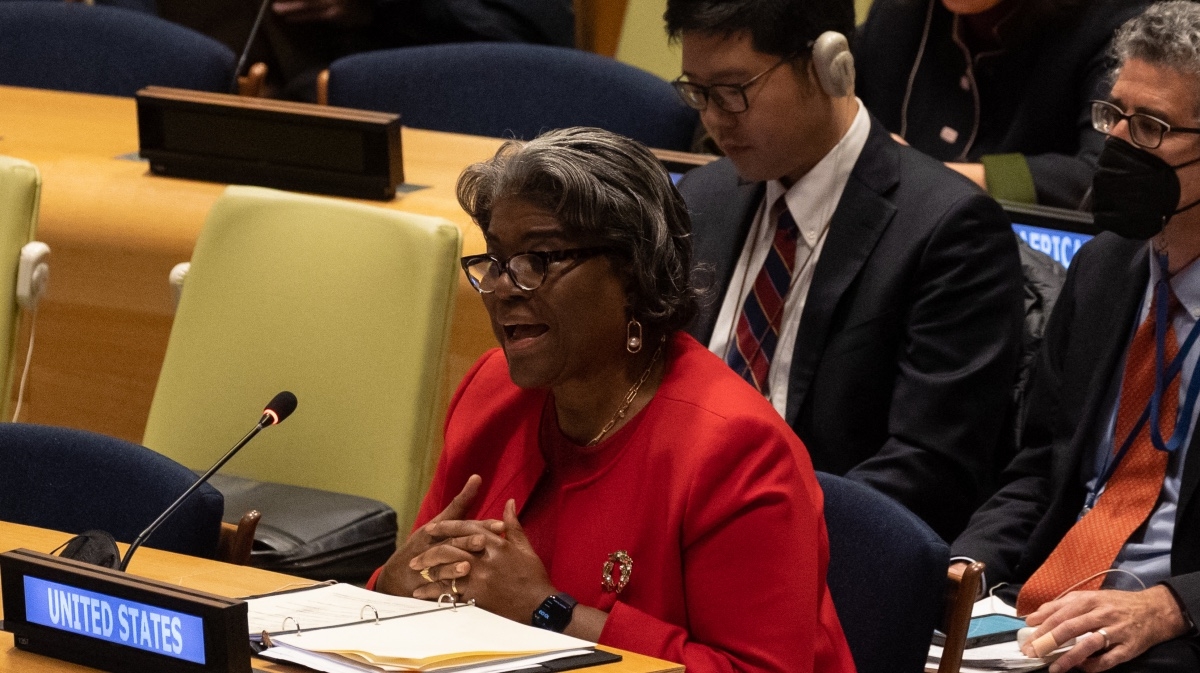
Iran was ousted from a UN women's body on Wednesday for violating policies contrary to the rights of women and girls, a blow to Tehran, which is under increasing international isolation as it pursues a violent crackdown on protests.
The 54-member UN Economic and Social Council (ECOSOC) voted in favour of a US-drafted resolution to "remove with immediate effect the Islamic Republic of Iran from the Commission on the Status of Women for the remainder of its 2022-2026 term”.
Eight countries voted against and 16 abstained. A simple majority was needed to adopt the move, which had been proposed by the United States.
“The Iranian government wants nothing more than to wiggle its way out of this vote,” The US ambassador to the UN, Linda Thomas-Greenfield, said in statements ahead of the vote.
“Iranian women and men across different ethnicities and social classes stood up to protest. They have demanded their basic human rights.” Thomas-Greenfield said. “The Iranian government responded with brutality.”
“Let’s vote to remove Iran from the commission on the status of women”
'Incompatible with membership'
Iran has been wracked by mass protests since Mahsa Amini, a 22-year-old Kurdish woman, died in police custody after being arrested in September for allegedly wearing her mandatory hijab “inappropriately”.
“The death of Mahsa Amani was a shocking reminder of the repression facing women and girls in Iran,” Dame Barbara Woodward, the UK’s permanent representative to the UN, said.
“In recent weeks Iran has tightened its suppression of women and girls. Its actions are inconsistent with the objectives of the commission and are incompatible with membership.”
The protests, which started with a focus on women's rights, have gradually morphed into one of the greatest challenges to the Islamic Republic’s rule since the 1979 revolution.
Iran has responded with violence. Human rights groups say more than 200 people have been killed nationwide, including teenage girls whose deaths have become a rallying cry for more demonstrations demanding the Islamic Republic’s downfall.
On Monday, Iran carried out its second public execution of an anti-government protestor after what rights groups slammed as a "show trial". A further 26 people, including three minors, are awaiting court rulings in protest-related cases that could also see them hung.
“Iran’s brazen onslaught against the human rights of its citizens and its persecution against women and girls is without end,” Australia's ambassador to the UN, Mitch Fifield, said ahead of the vote on Wednesday.
The vote was expected to pass. But in recent days, Tehran, whose four-year term on the commission just started, mounted a defence to block the move.
Isolation
On Monday, Iran and its allies wrote to the council arguing that the vote would “undoubtedly create an unwelcome precedent”. The letter told members that a vote in favour of the US resolution would create a “new trend for expelling sovereign and rightfully elected states from any given body of the international system”.
Amir Saeid Iravani, Iran's ambassador to the UN, slammed the vote as “entirely illegal”, adding: “There is no precedent in the current precedent of terminating an elected members participation.”
He said the vote was proof the US was a “bullying member, notorious for disobeying the UN charter and international law”.
“If they [the US] are unable to prevent you from joining an international body, they will do whatever it takes to expel you.”
Iran, which has long been considered a pariah by the US, has seen its support among other major western powers deteriorate rapidly, as it comes under fire for its violent crackdown on protests and military support for Russia’s invasion of Ukraine.
On Monday, the EU, which was an advocate for a return to the 2015 nuclear deal, slapped new sanctions on Tehran, as part of a shift towards the US’s position against the Islamic Republic.
Middle East Eye delivers independent and unrivalled coverage and analysis of the Middle East, North Africa and beyond. To learn more about republishing this content and the associated fees, please fill out this form. More about MEE can be found here.




